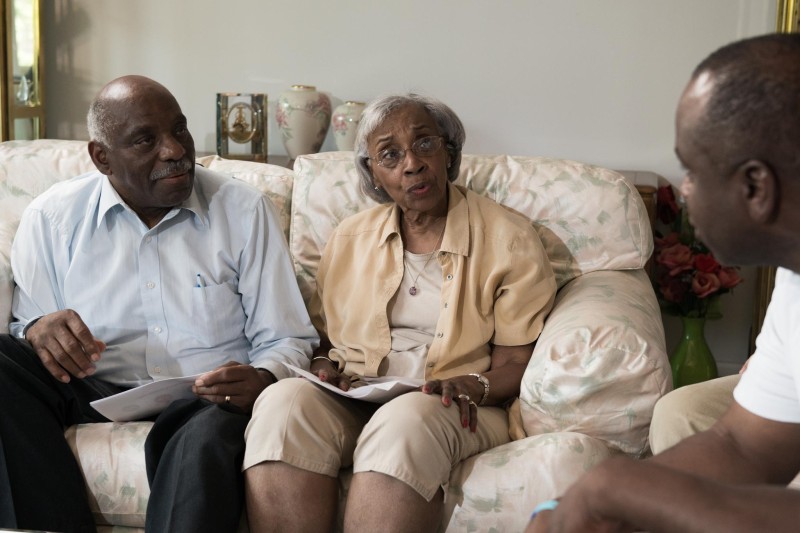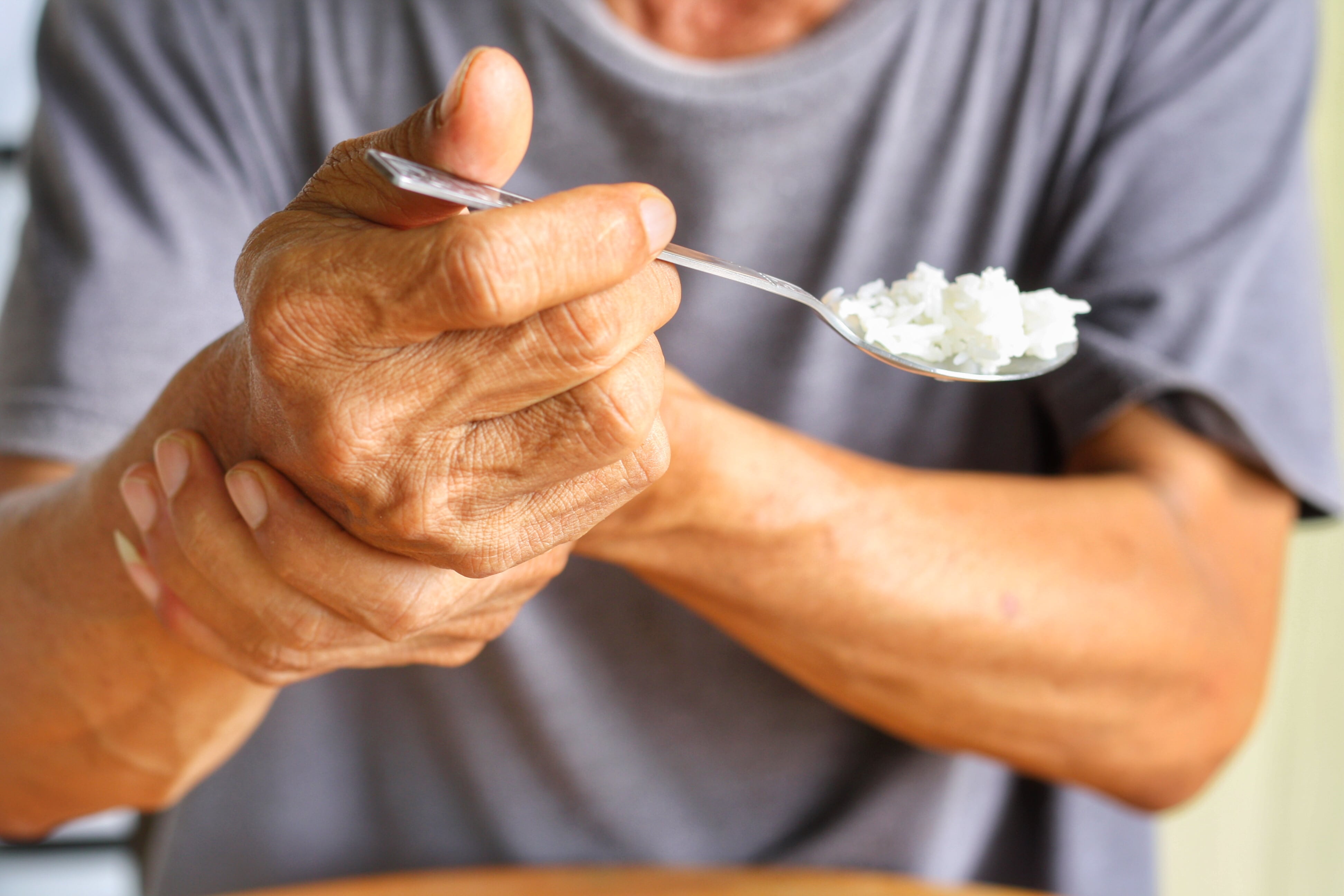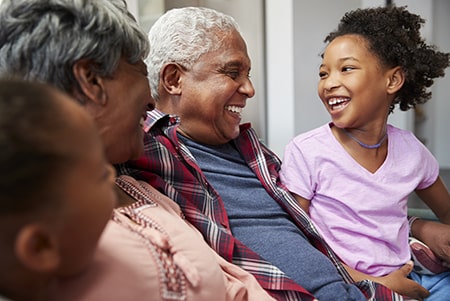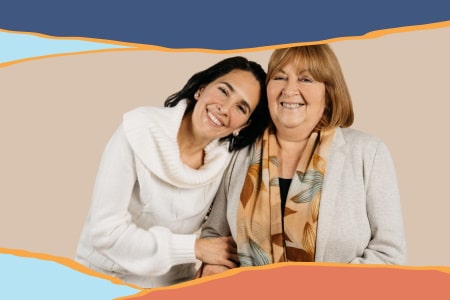Home & Community Based Services
Resources

Time is Precious for Family and Friend Caregivers—How Care Coaching Can Help
When you consider that 60 percent of family/friend caregivers are employed outside the home, the time drain on daily life can be extraordinary, leading to stress, strain in family relationships and unmet needs for both the caregiver and the older adult needing assistance. That’s why Benjamin Rose Institute on Aging developed BRI Care Consultation™. It’s an evidence-based care-coaching program specifically designed to work with both the family or friend caregiver and the person with a chronic condition to identify ways to better manage ongoing care.
Read More
Understanding Different Types of Dementia
When most people hear the word “dementia,” one of the first things that comes to mind is “Alzheimer’s.” However, Alzheimer’s is just one cause of dementia, which is the umbrella term for decline in memory, thinking and reasoning skills that significantly impacts daily life. If a loved one is experiencing memory issues, Alzheimer’s could be a potential diagnosis, but there are four other common types of dementia that should also be considered: Lewy body, frontotemporal, vascular and mixed.
Read More
The Need to Add Caregiver Support to Your Employee Benefits Plan: Lessons Learned from COVID-19
The COVID-19 pandemic has certainly exposed gaps in access to needed community-based supports for many people, and terms such as “social isolation” are now a part of the daily vernacular. Families continue to struggle with balancing full-time employment with care for older loved ones and children who are suddenly learning from home. The spotlight now shines brightly on the plight of those who are truly sandwiched in the middle. The questions are: why does it matter and what can we do as employers?
Read More
Parkinson’s Disease: Recognizing Your Loved One’s Symptoms and Receiving a Diagnosis
According to the Parkinson’s Foundation, more than 10 million people worldwide are living with Parkinson’s Disease, and around 60,000 Americans are diagnosed with the disease each year. Although it is the second most common degenerative neurological disorder after Alzheimer’s, many people are unfamiliar with the signs and symptoms, or confuse them for parts of the natural aging process. If we are caring for an older loved one, it’s important to recognize and understand Parkinson’s so we know when to begin seeking a diagnosis and how to better manage a loved one’s symptoms and care.
Read More
Social Isolation and the Pandemic
The COVID-19 pandemic may have changed some normal family traditions this year. Not being with family and friends over the holidays may exacerbate feelings of social isolation and depression among older adults. Tamar Cooper, LISW-S, LICDC-CS, Associate Director of Behavioral Health Services, Benjamin Rose Institute on Aging, and Kerstin Yoder, MSSA LISWS, Social Worker/Mental Health Day Treatment Group Facilitator, Benjamin Rose Institute on Aging, share some tips for helping a loved one cope when you can’t be together, and learn how to help yourself let go of feelings of guilt you may be experiencing at this time.
Watch

